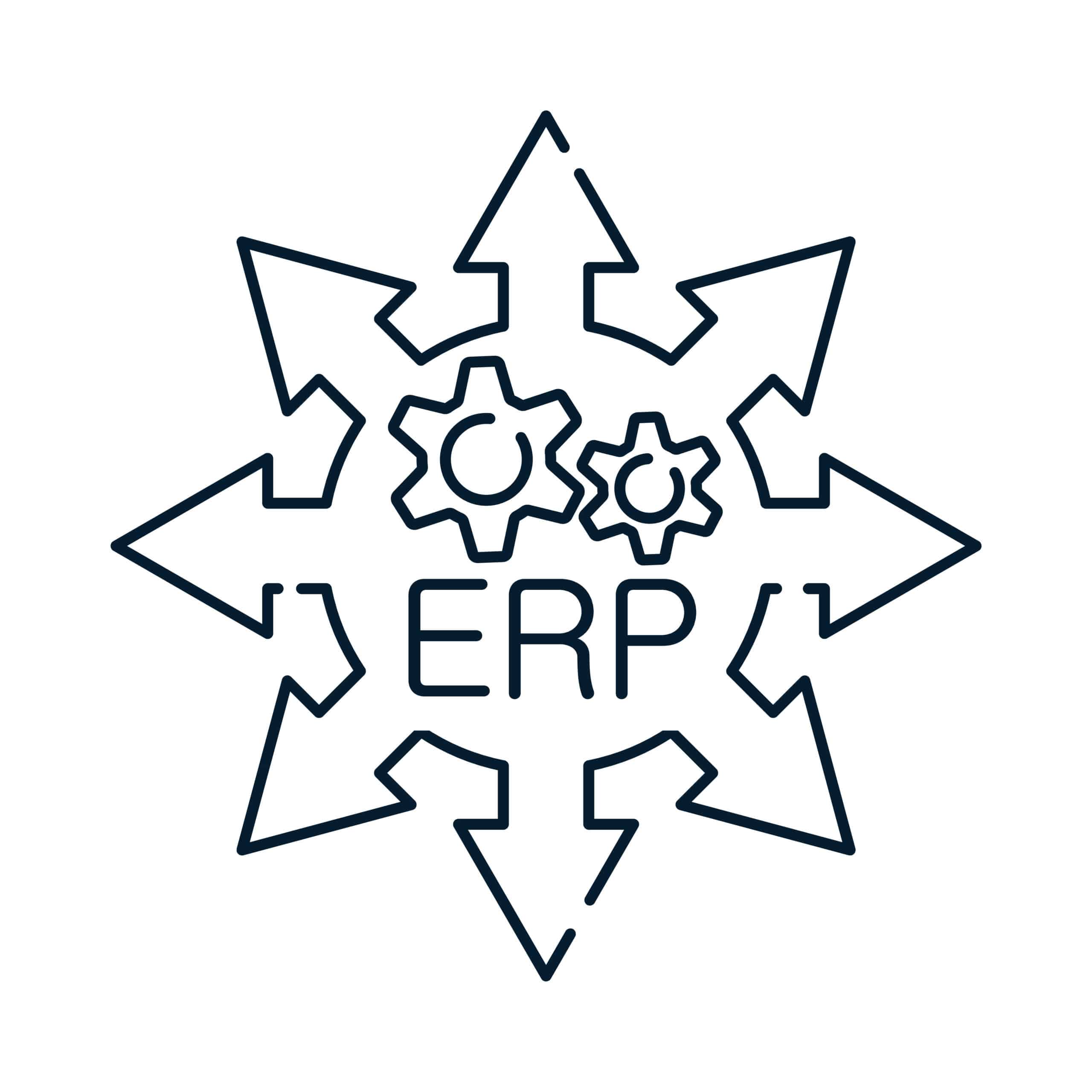Why Change Management is the Key to a Successful ERP Implementation
When change management isn’t a priority, organizations will fall short of any transformation goal. Learn more!
When change management isn’t a priority, organizations will fall short of any transformation goal. Learn more!
Table of Content
Enterprise resource planning (ERP) systems themselves aren’t exactly “disruptive” or “innovative.” But they do pave the way for the kinds of “transformations” that really change the game–allowing companies to create value in a chaotic digital landscape.
Large-scale projects– like ERP implementations—are more about people than processes and technologies. People implement systems–and if they can’t work together toward a common goal, the project fails.
A strong change management strategy prevents people from getting in the way of progress.
Change management is arguably the most important part of any ERP implementation project.
While the ERP represents the first “technological steppingstone” to digital transformation, change management is the first step toward transforming and future-proofing the business.
In this article, we’ll explain where change management fits into the mix. Then we’ll drill down and explore some of the reasons why you can’t sleep on this strategy.

Change management is a systematic strategy for handling transformations or transitions.
It acts as a roadmap that outlines the steps for driving, controlling, and measuring the impact of a proposed change. And more importantly–it helps people prepare for and adapt to that change.
It also aims to ensure that planned changes are carried out without disrupting business continuity, interrupting workflows, or worst of all, eroding internal culture.
Business leaders often justify tech investments by identifying high-impact business cases. Think—automating manual processes, integrating portfolio companies or remote offices, reducing overhead costs, etc.
Often, they present those use cases with the implicit assumption that workers will intuitively embrace new ways of working, per the big picture vision.
But the reality is, that rarely—if ever—happens. Many times, organizations get the new system up and running without any issues, and assume their work is done.
However, the set-up is the easy part. When you implement a new system, there’s no guarantee that employees will use it to its full potential.
Even in cases where everything is planned to perfection, if end-users reject the new system—or don’t understand it—the project fails. And as a result, you’re looking at wasted IT spend, increased risk, and missed opportunities.
Change management prepares people for changes to come. It aims to ensure everyone accepts the change and gets to know the new system and processes.
Change management can make or break any transformation initiative. But it takes on a greater sense of urgency when it comes to ERP projects.
The ERP touches every corner of the business. It houses all of your data and integrates with the systems and apps employees use on the job each day. And–it ensures everyone works from a single source of truth.
With all that in mind, an ERP project can change everything about how people work, communicate, and make decisions.
You might think that ERP implementation is more about technology than employee feelings or workplace culture. Which is understandable. After all, the conversation does tend to center on all the things you can do because of AI reporting tools, data streaming, automation, etc.
But here’s the thing: realizing the promise of these cutting-edge technologies means your team is prepared to use them. And that requires big changes to the company culture and collective mindset.
The only thing businesses can count on is that technology, consumers, and market conditions are constantly changing–at rapid, unrelenting speeds. It only follows that employees have gotten used to this new reality–and you might just assume they view change as part of their job description.
But just because change is a constant, doesn’t mean change management isn’t necessary.
In fact, it’s just the opposite. Change management is more important than ever.
What’s more, capacity for change has become a competitive advantage:
Now the common denominator here is that success hinges on big data, real-time decisions, accurate forecasting, personalization, among other things.
These are all complicated strategies that require tight coordination across all business units. Business leaders need access to accurate real-time data. More importantly, they need to be able to take the exact right action, at the right time, without hesitation.
The other part of this is both change and change management are iterative processes.
Today’s cutting-edge tech is tomorrow’s legacy system. Orgs must move fast and keep searching for ways to pivot, optimize, and improve.
ERP implementation fails without a change management plan to chart the course and help end-users navigate the journey–every step of the way.
When change management isn’t a priority, organizations will fall short of any transformation goal–be it migrating to the cloud, automating processes, or leveling up your BI game.
Velosio offers rapid implementation options, data-driven insights, and ongoing support—all aimed at helping you get the most from your ERP investment.
Contact us today to learn more about our process, services, and how we support change management efforts.
Talk to us about how Velosio can help you realize business value faster with end-to-end solutions and cloud services.
"*" indicates required fields